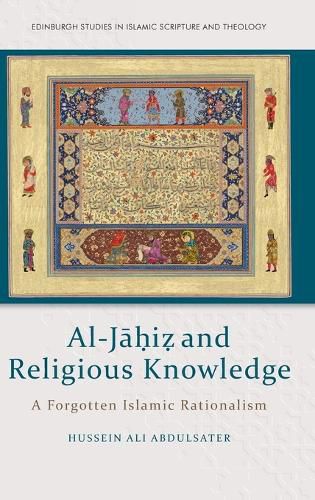Readings Newsletter
Become a Readings Member to make your shopping experience even easier.
Sign in or sign up for free!
You’re not far away from qualifying for FREE standard shipping within Australia
You’ve qualified for FREE standard shipping within Australia
The cart is loading…






While it may seem paradoxical to combine trust in rational religion with distrust of human reason, this is exactly what a group of understudied Muslim theologians proposed. Known as the Epistemists, they pushed for an inclusive epistemology that broadened the scope of knowledge. They argued that humans can acquire rational knowledge without discursive arguments, through an unconscious process of social exposure. In this, the Epistemists presented a radical alternative to other Islamic conceptions of rationalism, with immense promise for modern contexts.
This book reconstructs a worldview prominent among the Epistemists, and explores how it correlates with their rise and fall as a theological trend. It examines the intellectual project of their premier advocate, al-Ji (d. 868-9), offering a systematic reading of his oeuvre as an Epistemist, and situates it in the formative Abbasid moment of Islamic history.
$9.00 standard shipping within Australia
FREE standard shipping within Australia for orders over $100.00
Express & International shipping calculated at checkout
While it may seem paradoxical to combine trust in rational religion with distrust of human reason, this is exactly what a group of understudied Muslim theologians proposed. Known as the Epistemists, they pushed for an inclusive epistemology that broadened the scope of knowledge. They argued that humans can acquire rational knowledge without discursive arguments, through an unconscious process of social exposure. In this, the Epistemists presented a radical alternative to other Islamic conceptions of rationalism, with immense promise for modern contexts.
This book reconstructs a worldview prominent among the Epistemists, and explores how it correlates with their rise and fall as a theological trend. It examines the intellectual project of their premier advocate, al-Ji (d. 868-9), offering a systematic reading of his oeuvre as an Epistemist, and situates it in the formative Abbasid moment of Islamic history.